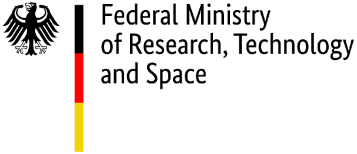
SharKI
Shared Tasks as innovative approach for implementing AI- and Big Data-based applications in the higher education landscape
Shared Tasks as innovative approach for implementing AI- and Big Data-based applications in the higher education landscape

The notion of "Shared Task" refers to a friendly scientific competition on a relevant research problem for which its participants develop computerized solutions. For example: "Given a set of arguments and a topic, classify these arguments into pro and contra regarding that topic." Submitted software solutions are evaluated by means of one or more measures of success. Afterwards the participants are invited to present their approach in a publication.
Shared tasks have a tradition in informatics, far beyond famous instances such as the World Computer Chess Championship (since 1974), the Loebner Prize Competition (since 1990) for the most human-like AI measured by a Turing test and the RoboCup in robotics (since 1996). Hundreds of shared tasks have been conducted in various fields of informatics, leading to many valuable, sometimes groundbreaking contributions.

Not only for that reason students are among those who participate with fascination and enthusiasm in such competitions. Hitherto, however, shared tasks play no role in didactics of informatics. Nevertheless, they have the potential to strengthen the union of research and teaching in accordance with Humboldt's Ideal.
In the SharKI project, we continue developing our unique in-house shared task platform TIRA further (see https://tira.io), aiming at enabling lecturers to setup, conduct and assess shared tasks as a novel teaching approach for their courses, thereby supported by AI- and Big Data-based features of the platform. Emphasis on a problem-oriented way of working justifies the classification of such courses into the teaching and learning model of problem-based learning. It further integrates methods such as exploring, experimenting, testing as well as game-based learning approaches. This promotes the development of learner skills such as flexibility, creativity and cooperation.


[chair] [publications]

[chair] [publications]





